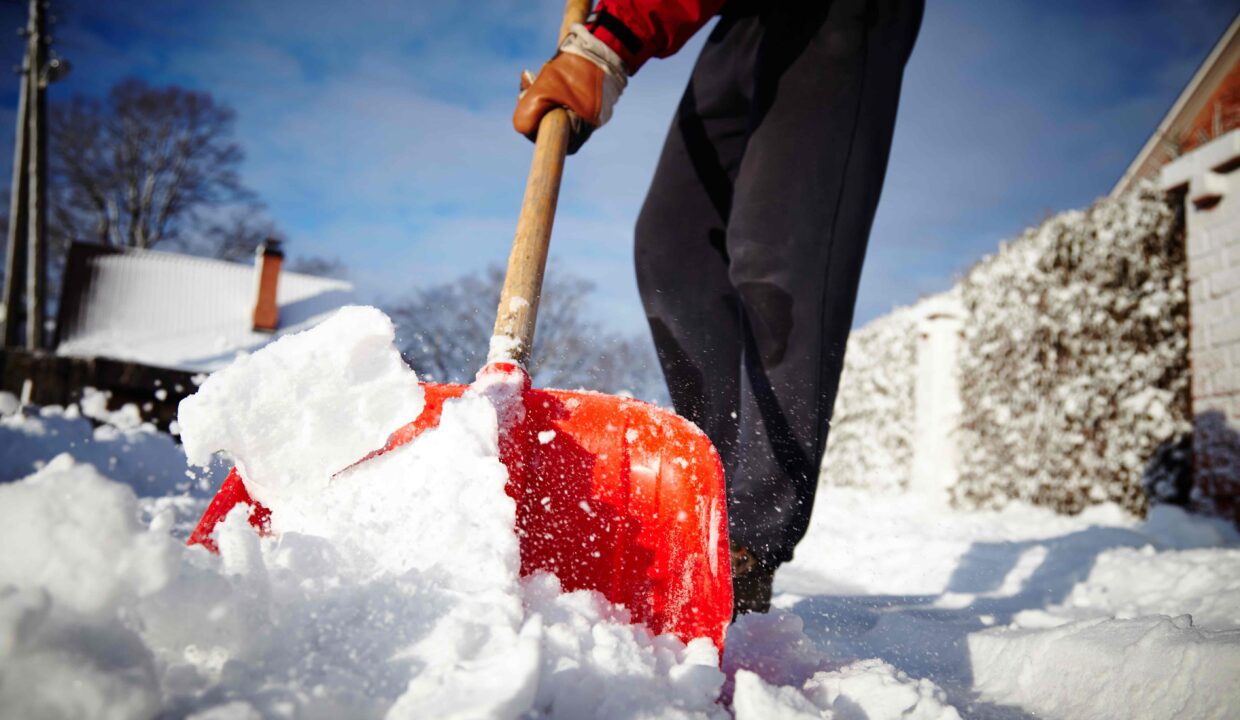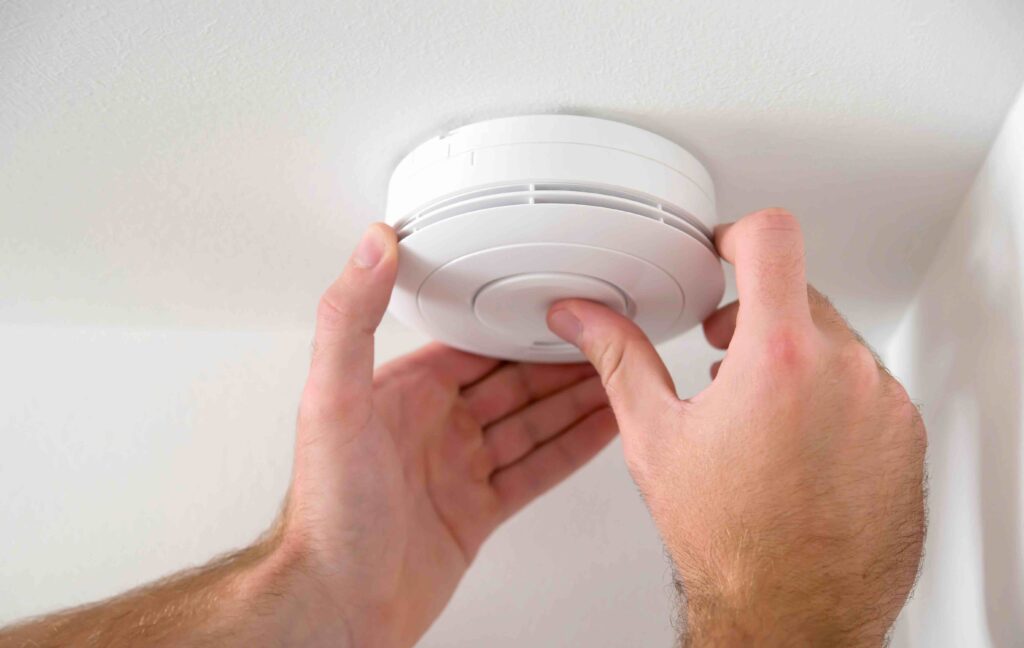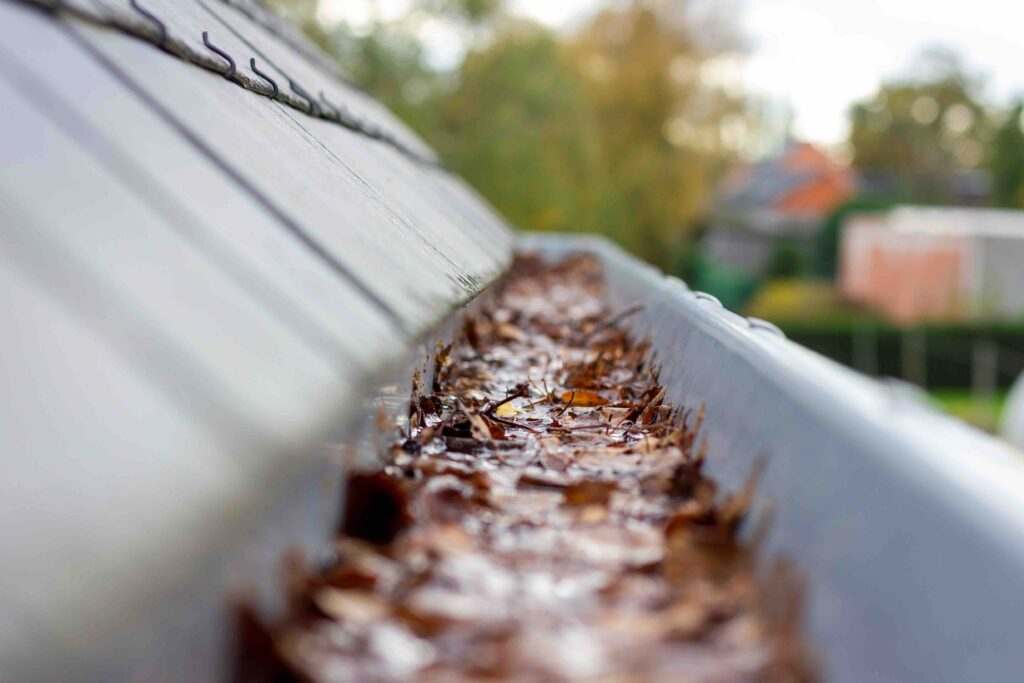
When taking on the role of a landlord, it is important to be able to differentiate between what you are responsible for and what your tenants are responsible for. When creating your lease, you must remember to include any stipulations that you want your tenants to be responsible for. If a clause is not included in the lease, you cannot expect your tenants to be held accountable. With winter being the season that can cause the most potential harm to your property, preparing your tenants for the frigid weather can help to prevent complications with the property. Here’s our tips for preparing your Baltimore investment property for the winter season.
Landlord Responsibilities vs. Tenant Responsibilities
As a landlord, you are responsible for keeping the property habitable, meaning, that you must maintain adequate heating and cooling HVAC, hot water, and electricity as well as ensuring that the structure is integrally sound. Additionally, you should regularly inspect the property, handle any repair requests, comply with state and local building codes, and give notice prior to entering the property. Tenants should be expected to maintain the property on their end and make the landlord aware of any problems that could potentially affect their health and safety. They are also responsible for taking care of the property and keeping it reasonably clean. Now that you have an idea of the general responsibilities of landlords and tenants, let’s look at the specifics.
Appliances
If you, the landlord, provide the appliances (refrigerator, washer/dryer, etc.), then you are responsible for maintaining them. You can include in your lease agreement that if the tenants do not use the appliances properly, they can potentially lose part or all of their security deposit.
Landscaping
Landscaping and maintaining the landscaping of a property can fall on either the landlord or the tenant, depending on your lease agreement. If the property is part of an HOA, the landlord is responsible for ensuring that their rules are adhered to.
Pest Control
While the tenants are responsible for keeping the property clean, the landlord is responsible if the property experiences a pest infestation. It is, however, up to the tenant to maintain sanitary conditions to avoid a pest infestation.
Safety Equipment

Fire alarms, carbon monoxide detectors, and any other safety equipment fall on the landlord to provide. The tenants are expected to make the landlord aware of any malfunctions or issues with the safety equipment so they can replace or repair it.
Waste
Responsibility for waste management should be included in your lease agreement. You should also make your tenants aware of the local trash pick-up schedule or where they can dispose of waste. Remember, your tenants are still expected to maintain a reasonable level of cleanliness and sanitary conditions.
Snow and Ice Removal
Before the winter months roll in, ensure that your tenants are aware of their responsibilities with snow removal. In Maryland, the property owner is legally responsible for removing snow and ice from the property’s sidewalk and parking area. With that being said, you can still require or ask your tenants to remove snow and ice. One way to encourage tenants to remove the snow themselves is by offering incentives, either by reducing the rent rate during winter months or including a clause in the lease that benefits the tenants. Remember, you are still responsible to ensure that the snow and ice are cleared from your Baltimore investment property so it is recommended that you check to make sure your tenants are following through with their snow removal.
Single-Family Home
With single-family homes, it is much easier and more reasonable to require your tenants to remove snow and ice. Remember that you are ultimately responsible for making sure your tenants are following through. If an injury is caused by snow or ice on your property, you can be held legally accountable which creates a potential for liability.
Multi-Family Home
When it comes to multi-family homes and properties, many of the responsibilities fall on the landlord. As the landlord, you must ensure that your multi-family property is adhering to all of the local ordinances. As for snow removal, it is recommended that you hire a trusted vendor. This will guarantee that your snow and ice are routinely removed from your property whenever it falls.
Winterizing the Property
To mitigate the potential for winter damages to your property, there are steps you can take before the cold rolls in to winterize your property.
Clean Gutters

Cleaning the gutters on your property before winter. Blocked gutters prevent water from running off your roof and create the potential for ice dams and roof damage. This is the responsibility of the landlord but is typically outsourced to a third party.
Preparing Pipes
Winter weather brings the potential of bursting and freezing pipes. If any of the pipes on your property are exposed to the cold, it is recommended that you wrap them with insulating heat tape. If your tenants are going out of town during winter, request that they turn off their water to prevent it from freezing.
Service Heating System or Furnace
To avoid a winter emergency with the property’s heating system, have a professional perform an inspection to make sure everything is in working order. Regular servicing is recommended throughout the year but it is crucial to ensure that the heating system is ready before the winter months begin.
Baltimore’s Apartment Property Professionals
Whether you are looking for your first investment property or are looking for a profitable addition to your investment portfolio, the professional team at Ben Frederick Realty is here to help. Our property investment specialists will assist you in finding the best investments available in the greater Baltimore area. If you are interested in having expert assistance in expanding your Baltimore investment property portfolio, call or contact Ben Frederick Realty today to get started.

